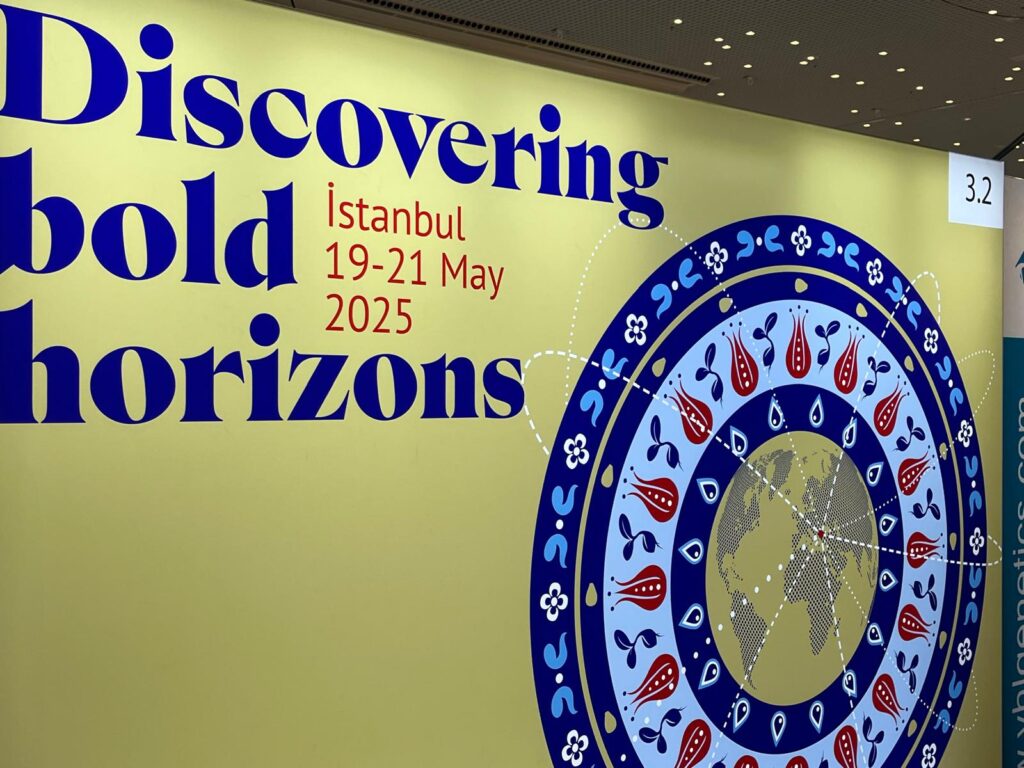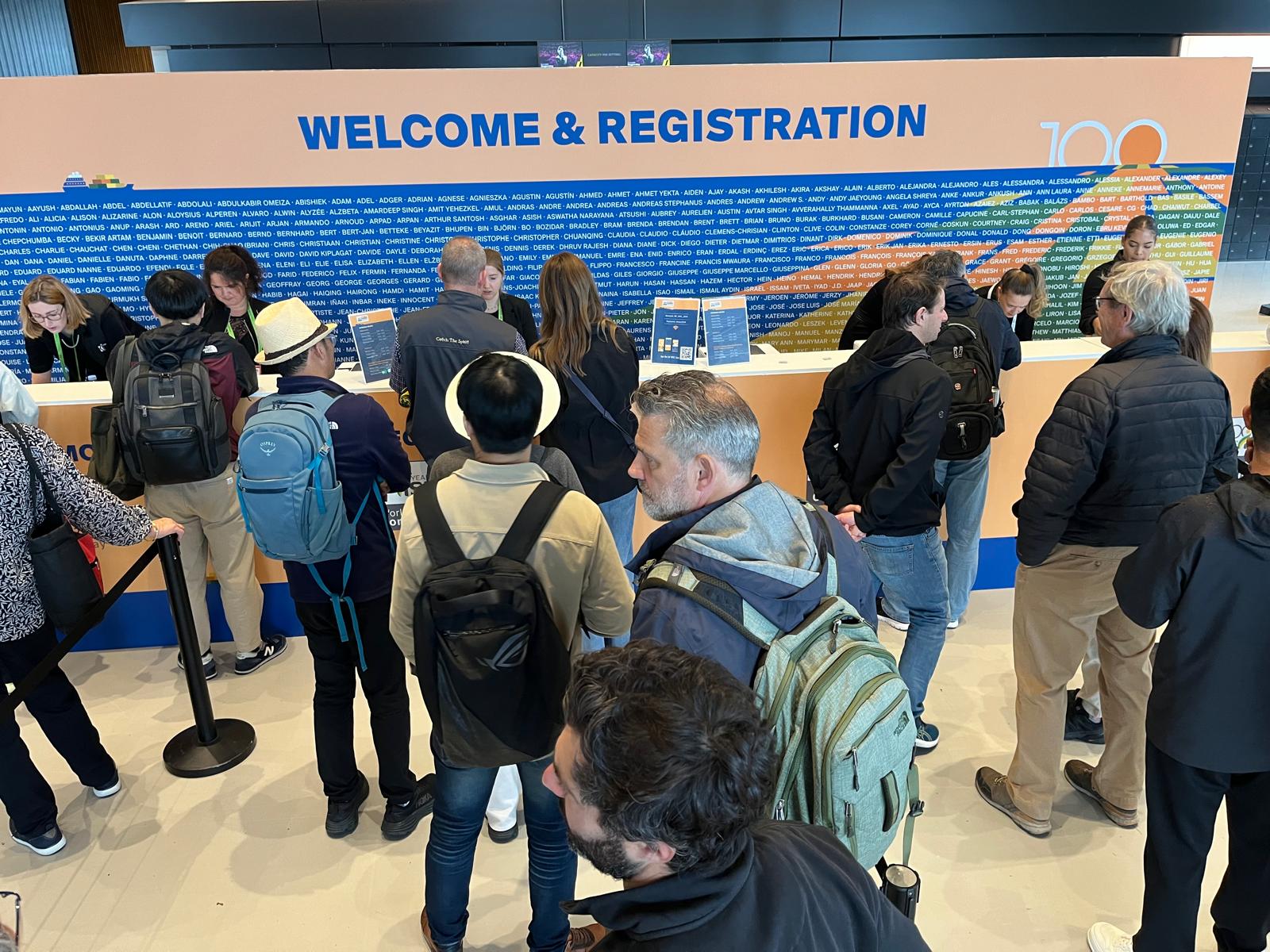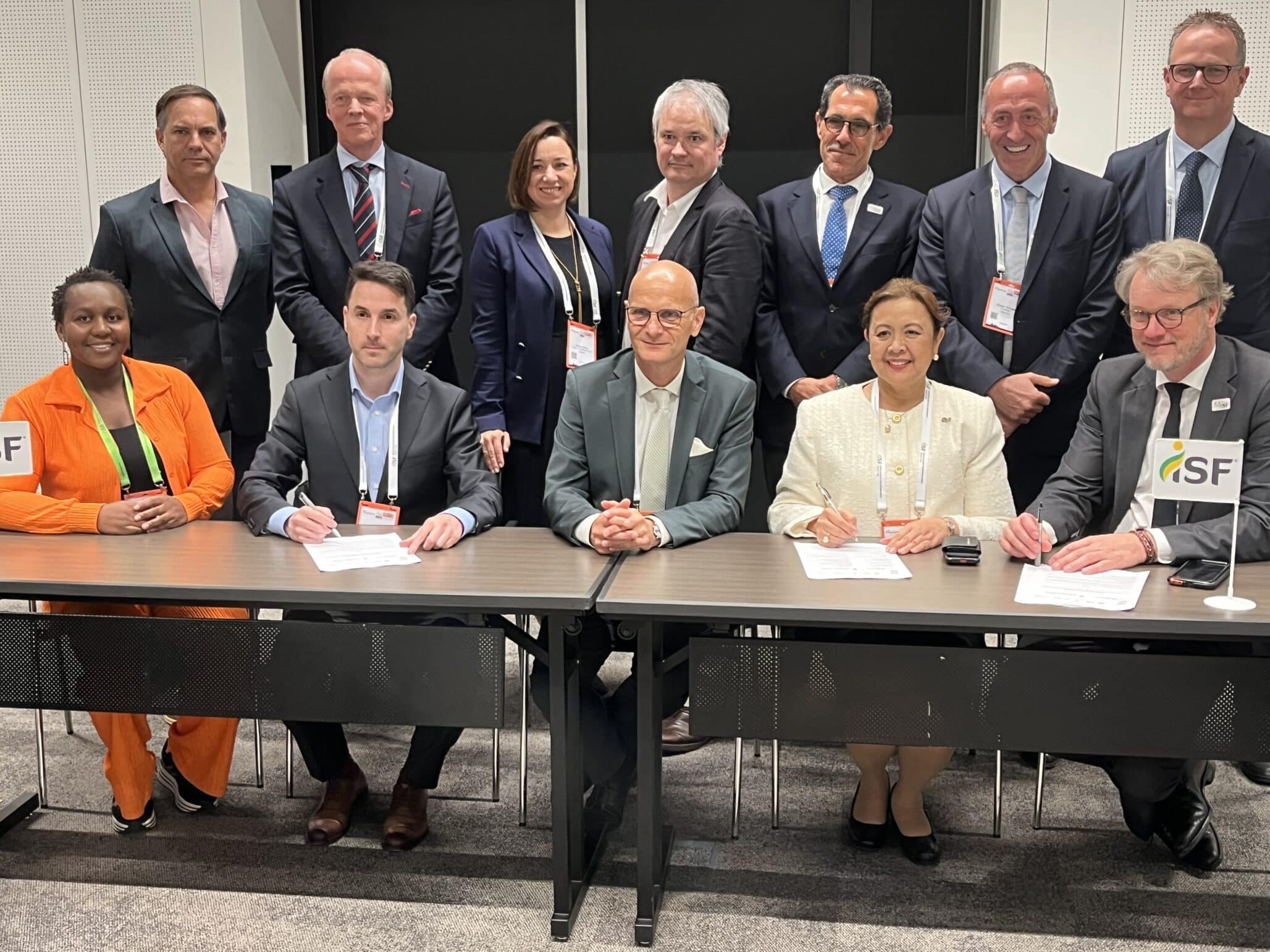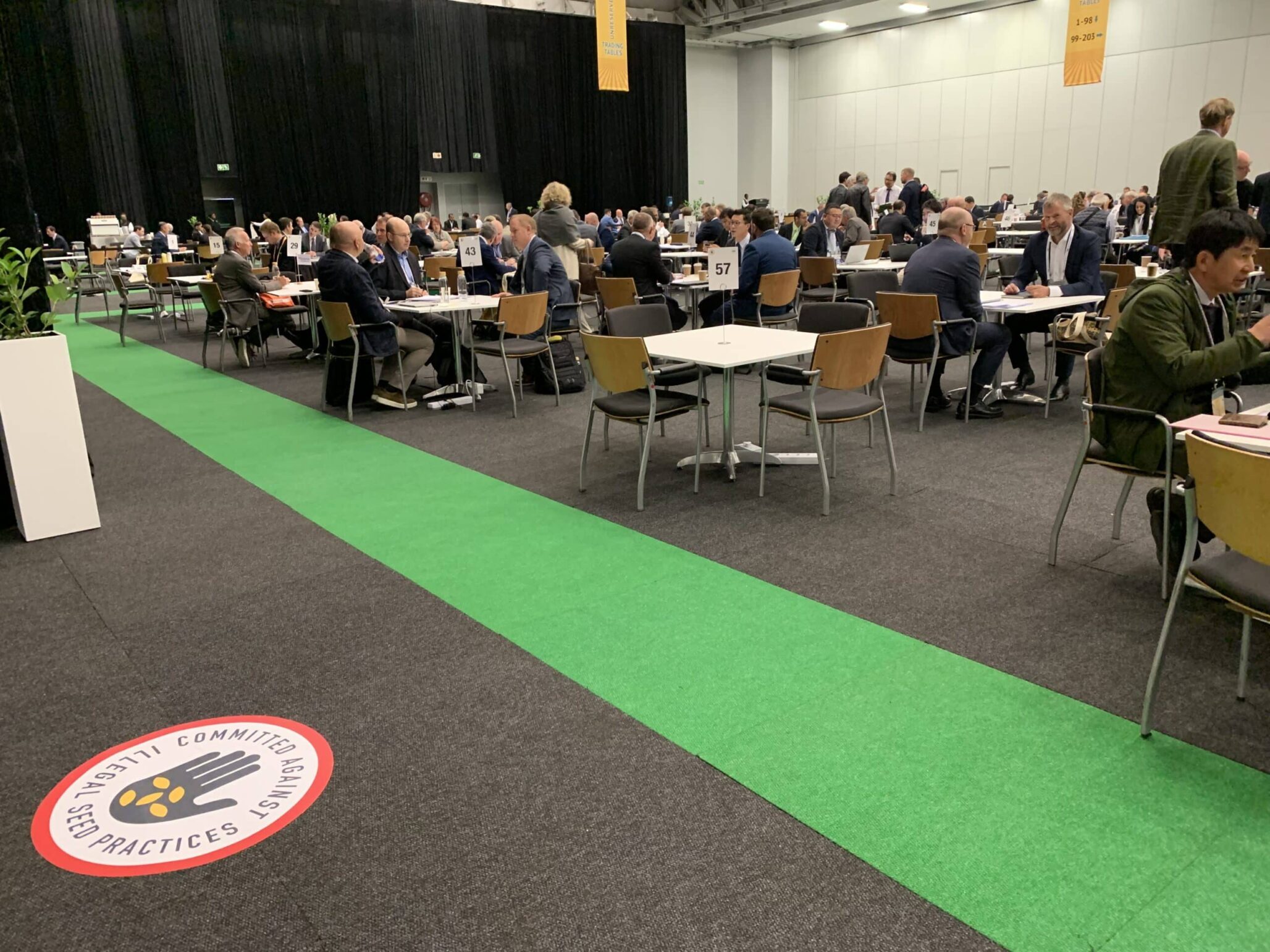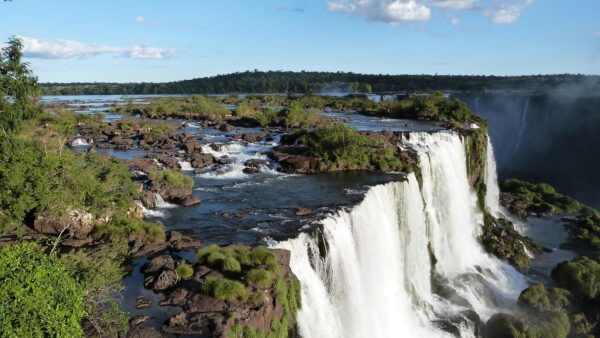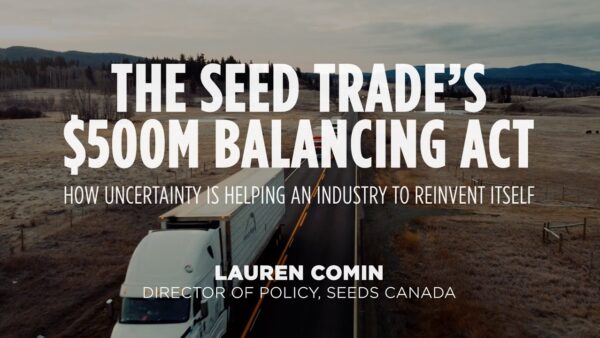Seed World Europe editorial director Marcel Bruins was on the ground in Rotterdam May 27-29, covering every angle of the International Seed Federation (ISF) World Seed Congress, the global seed sector’s key annual international seed event since 1924.
Celebrating 100 years this year, the three-day Congress, which typically attracts in the range of 1,800 attendees from around the world, offered the opportunity to meet annually to share industry knowledge, consider research and technology developments, negotiate trade agreements, and network and strengthen relationships.
Here is what we covered throughout the event:
Monday, May 27
His Majesty King Willem-Alexander of the Netherlands officially opened the centennial World Seed Congress in Rotterdam with a personal and generous welcome to the 1,800 seed sector delegates from 76 countries attending the congress. The King toured the congress venue and met with representatives from a youth delegation from the seed and agriculture sector, as well as national seed associations.
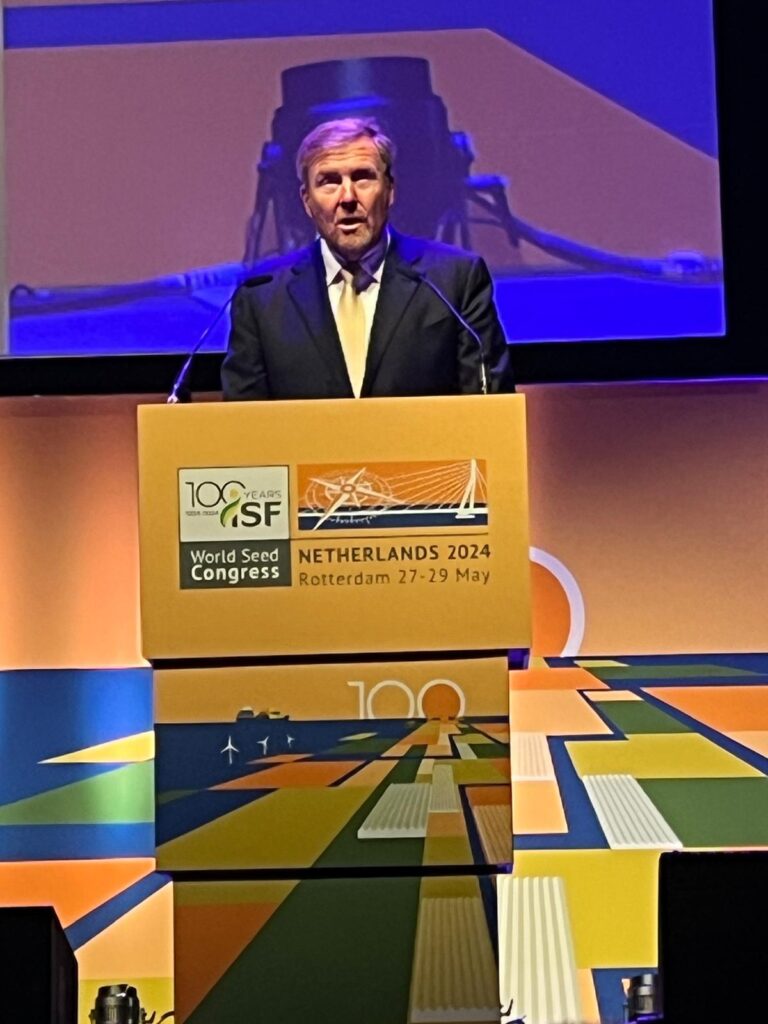
Beth Bechdol, Deputy Director General at the Food and Agriculture Organization of the United Nations (FAO), also spoke at the opening ceremony, recognizing the private seed sector’s efforts to engage both with multilateral organizations like the UN and the public sector to give access to high-quality seeds to farmers across the world.
“I would go as far as to say that – seed security is food security. Seeds are central to FAO’s commitment to help countries transform their agrifood systems. They enable farmers to grow food where it is needed most, re-start food production and pave the way for self-sufficiency,” said Bechdol.
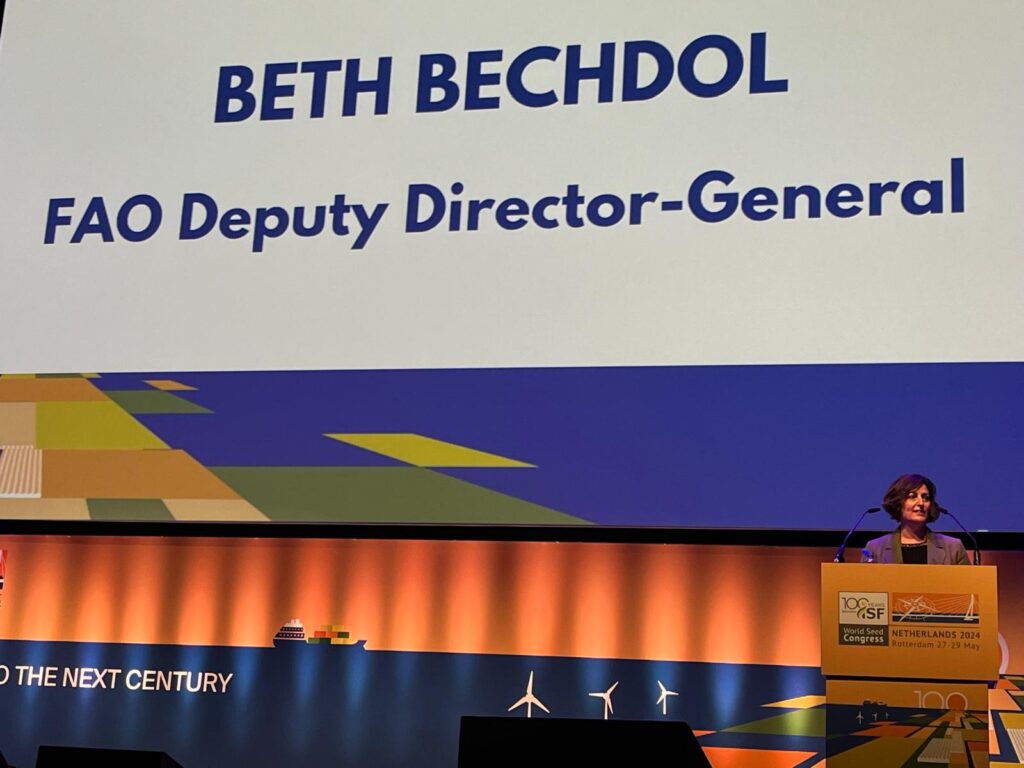
The seed sector will unite again at the UN’s Summit of the Future to support its landmark Seed Declaration, which was endorsed by 200 signatories ahead of the UN Food Systems Summit in 2021.
“This year is not only the centenary year for ISF but also a pivotal year for global food systems, in which seeds are the very starting point,” said Michael Keller, ISF Secretary General.
“Now is the time to build bridges on the ground. The private seed sector is a solution provider, an employer, and a partner at local, national and international levels. We are uniquely positioned to support the sustainable transformation of food systems. Quality seeds provide climate resilience, higher yields and improved nutrition, all of which are critical to delivering the UN’s Sustainable Development Goals for ending poverty, hunger and climate vulnerability,” Keller added.
To read more about Day 1 of the conference, click here.
To see our Photo Diary of the day, click here.
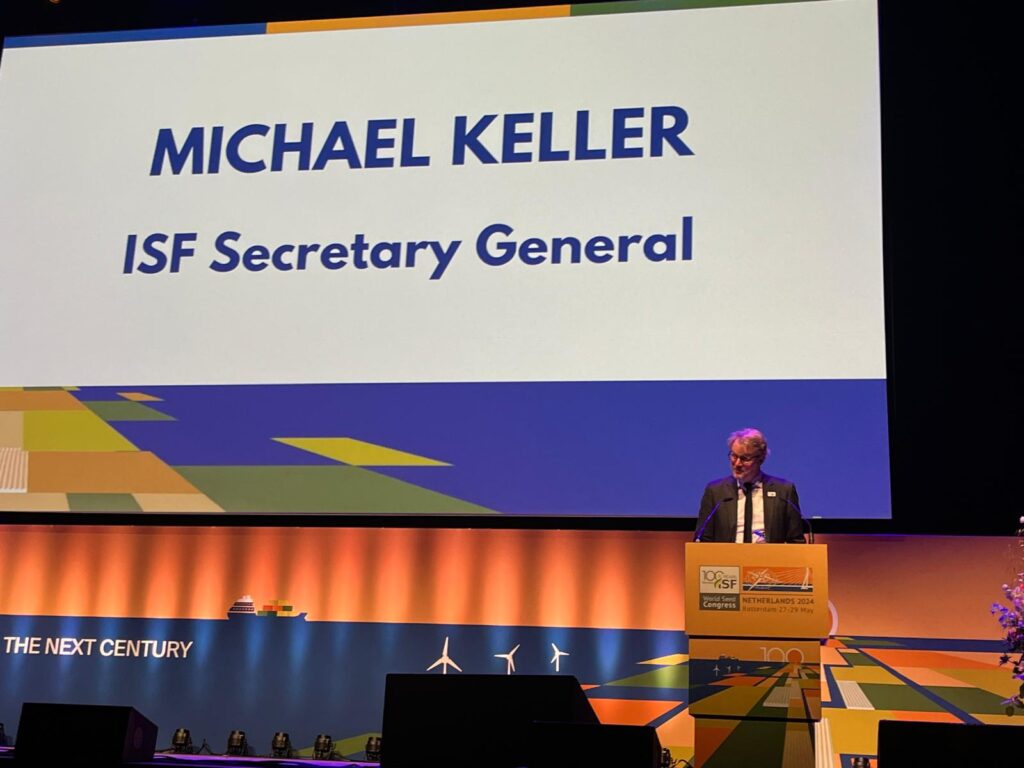
Tuesday, May 28
There were multiple sessions held throughout the day, covering everything from food security, attracting young talent, gene editing, the seed sector and COP28, plant breeding innovation, microplastics in seed treatments, and public-private partnerships for development. Back again this year was the popular ISF Women’s Luncheon.
One of the highlights of the day included the announcement of 13 organizations representing and defending the interests of plant breeders worldwide to collaborate in the fight against illegal seed practices (ISP) through a historic memorandum of understanding (MoU) signed at the ISF World Seed Congress 2024.
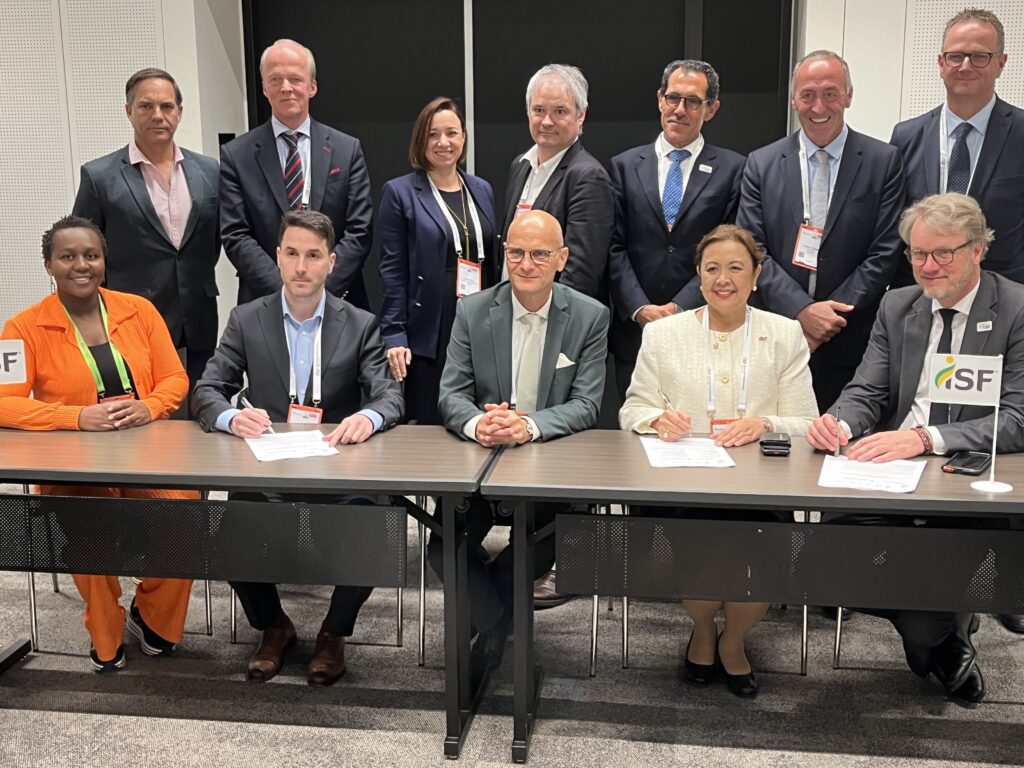
The organizations involved in this initiative include ISF, the African Seed Trade Association (AFSTA), the Asia and Pacific Seed Alliance (APSA), Euroseeds, the Seed Association of the Americas (SAA), the Anti-Infringement Bureau for Intellectual Property Rights on Plant Material (AIB), the Breeders Trust, CIOPORA (International Community of Breeders of Asexually Reproduced Horticultural Plants), CropLife International, Gestión de Licencias Vegetales (GESLIVE), SICASOV, the Seed Innovation Protection Alliance (SIPA), and the Seeds Innovation and Protection Initiative (SIPI).
“It is time that we act together to raise awareness about not only the magnitude but also the serious consequences that illegal activities in seeds may have not only economically to seed companies and farmers but also to consumers,” said Marco van Leeuwen, President of ISF.
“The MoU was signed here today at our centennial congress to send a clear message: events like the ISF World Seed Congress must not become a platform for infringers to trade in illegal seeds,” said Michael Keller, Secretary General of ISF. “In fact, ISF has put in place a procedure to exclude entities and individuals who are proven to commit illegal seed practices from future congresses.”
Read more about the announcement here.
To read more about Day 2 of the conference, click here.
To see our Photo Diary of the day, click here.
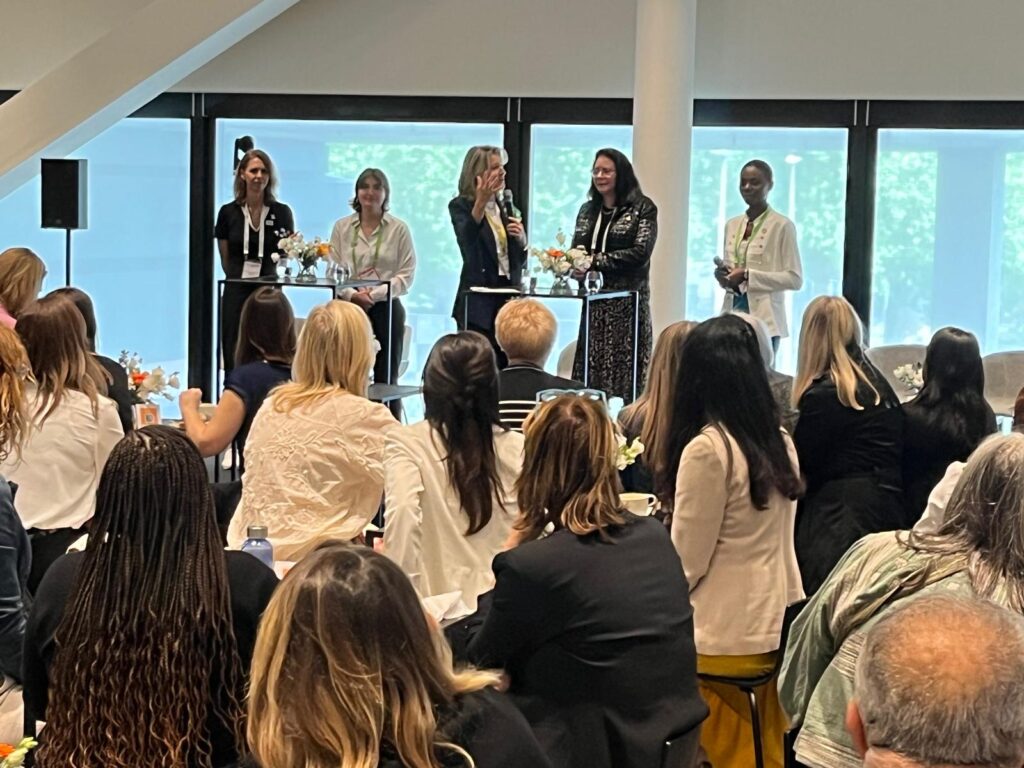
Wednesday, May 29
The final day of the Congress included more panel discussions, including those on navigating ISF into the next century, the seed sector’s impact on rural communities, updates from Rwanda, the seed sector in a polarized and fragmented world, the Sceince2Seed launch and the General Assembly.
During the Whither the seed? The seed sector in a polarized and fragmented world panel, the principal discussion centered around the need for the sector to take a more active role in driving change and addressing controversies to improve its reputation. Speakers included Hans Hoogeven, Independent Chair, FAO; Robynne Anderson, CEO, Emerging Ag; Michael Hoevel, Founder & Director, Marchmont Communications; and Michael Keller, ISF Secretary General.
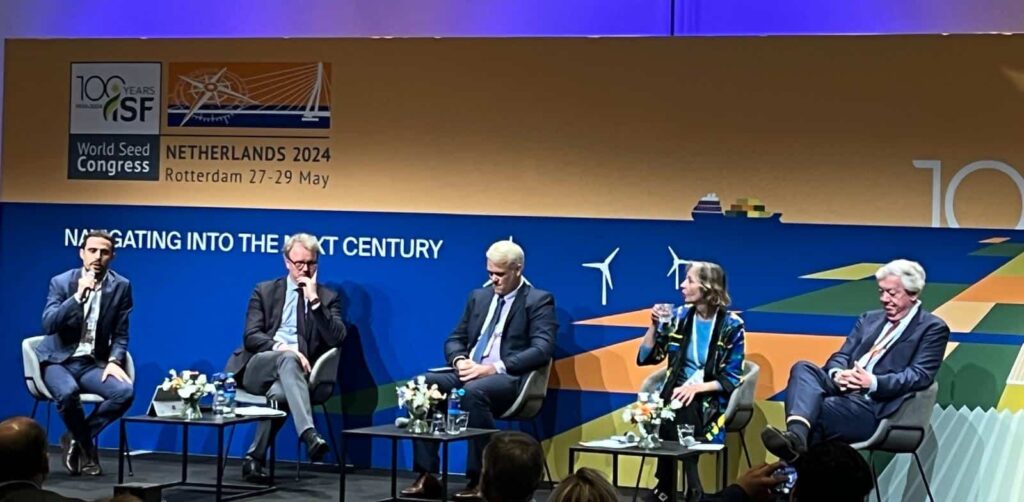
“The added value of the seed sector is the highest when it comes to food security, when it comes to agriculture.” Hans Hoogeveen, FAO independent chair.
Michael Hoevel, Marchmont Communications managing director said If the seed is not right, the harvest will never be right. “There is nothing more diverse than the seed sector. Also, some of the crops we are working on in the private sector, there’s nothing more diverse to the whole value chain. But the narrative and engagement, we don’t have it at that level and there’s where we need to work.”
To read more about Day 3 of the conference, click here.
To see our Photo Diary of the day, click here.
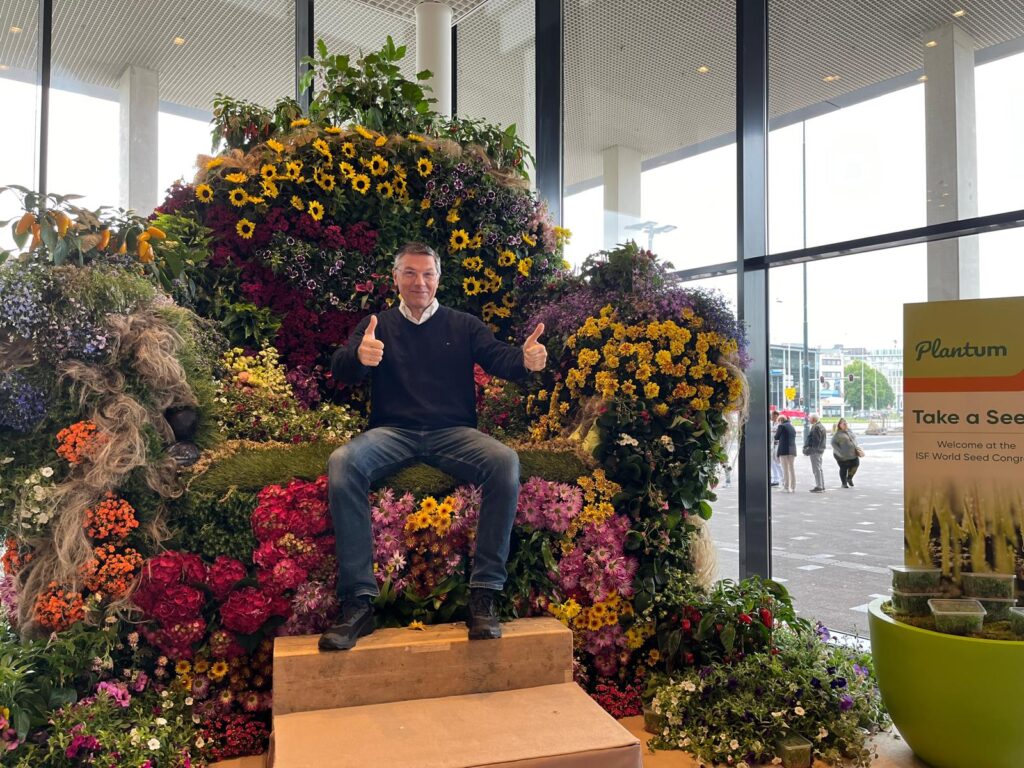
Sign Off
Seed World Europe was pleased to have captured many of the Congress’ key take-away moments and most important sector perspectives via exclusive interviews conducted all week. You’ve already seen and read some of our live coverage in our Seed World Daily newsletters during week, on our social accounts and all of the updates on our website.
See you next year in Istanbul! We can’t wait!
